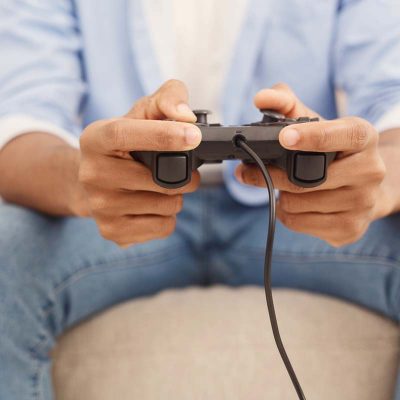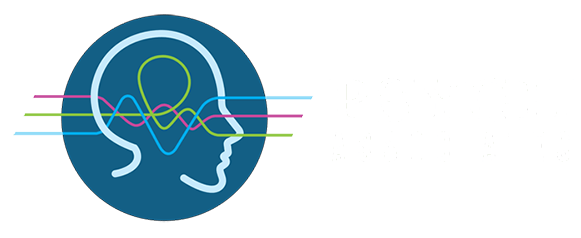 SIGNS OF VIDEO GAME ADDICTION
SIGNS OF VIDEO GAME ADDICTION
- You lose track of time playing video games
- Your family or partner complain that you play too much
- Often tired or not properly rested
- Feeling overwhelmed, anxious, or irritable?
- Do you play video games on most days?
- Irritable or have difficulty concentrating if you don’t play video games?
VIDEO GAMES CAN CHANGE YOUR BRAIN FUNCTIONING
We understand that you get stressed and how video games are an escape after a long day. It’s healthy to have hobbies and interests. The problem is that your brain is not made for being plugged in like this. As you play video games, your brain is flooded with endorphins, and as a result, you feel good. But when you have this flooding repeatedly, you become desensitized to it and lose sensitivity to these neurochemicals in your daily lives.
WE CAN HELP YOU FIND BALANCE IN YOUR LIFE
We can help you decrease your game usage and find other areas of your life that are rewarding and healthy. You can say what you think in your private appointment, either online or in the office. Our therapists will listen to you and help you feel again. We have a safe place for you to identify what you are avoiding and what you want your life to be. Why wait?
In working with adults, adolescents, and children, we have developed effective methods for dealing with these common challenges. Video game addiction is accurate, and you are not alone. This is not just “too much screen time.” There’s usually no need to analyze your childhood or talk about your relationship with your mother. These are just misconceptions. Our therapists work in the present and teach practical tools to help you now. You can get better, and we would love to help you.
Our licensed and skilled counselors, psychologists, or social workers listen to you to understand you. We rely on the newest scientific research to find the quickest and most long-lasting strategies to help you reach your goals and live your life.
Video game addiction (sometimes called “internet gaming disorder”) occurs when gaming takes over your life—neglecting responsibilities, relationships, work or school, and causing distress when you try to cut back. In Springfield, MO, it’s time to consider counseling if you or someone you care about feels anxious, irritable, or unable to concentrate without gaming; if loved ones are complaining; or if gaming is replacing sleep, hobbies, or social life.
Signs often include: distorted sense of time (losing hours while gaming), feeling restless or irritable when not gaming, tiredness from disrupted sleep, neglecting obligations (work, school, family), difficulty concentrating off screens, frequently choosing gaming over other activities, and emotional distress when unable to play.
Therapy can help by identifying what gaming is helping you avoid (stress, anxiety, social pressure, boredom), developing healthier coping skills, restoring balance in life, and gradually reducing gaming in favor of other rewarding, real-life activities. Evidence-based approaches like Cognitive Behavioral Therapy (CBT), family therapy (if applicable), and goal setting tend to be effective.
Yes. Springfield counseling practices (including Psych Associates) offer both in-office and online/teletherapy sessions. Teletherapy helps overcome logistical barriers—travel time, scheduling, or discomfort—while still using the same therapeutic techniques to treat gaming addiction.
Duration varies depending on severity, how deeply gaming is interfering with your life, co-occurring mental health issues (like anxiety, depression, ADHD), and how much effort is put into therapy and homework. Many people begin to notice improvements—better sleep, less irritability, more interest in offline activities—after several weeks to a few months of regular therapy. More comprehensive change often takes longer.


